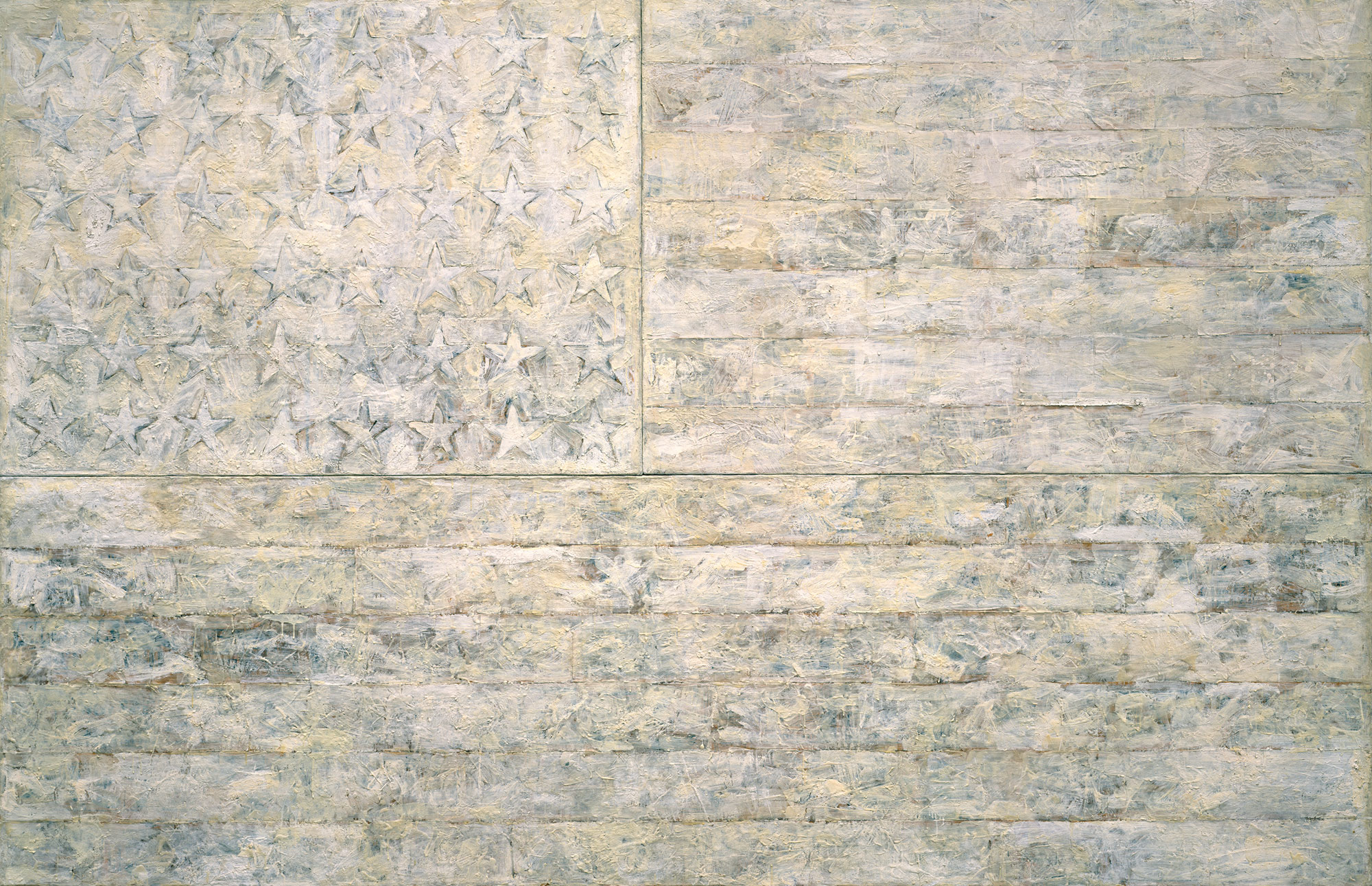My list of 101 essential pieces of 20th centruy concert music has undergone some changes since the last time I posted it. Here it is, in its current final state, subject, as always, to change:
Adams, John: Violin Concerto
Barber, Samuel:
Knoxville: Summer of 1915Barber, Samuel: Piano Sonata
Bartok, Bela: Concerto for Orchestra
Bartok, Bela: String Quartet 4
Berg, Alban: Violin Concerto
Berg, Alban:
WozzeckBerio, Luciano:
SinfoniaBernstein, Leonard: Suite from
On the WaterfrontBolcom, William:
Songs of Innocence and ExperienceBoulez, Pierre:
ReponsBridge, Frank: Piano Trio 2
Britten, Benjamin:
Peter GrimesBritten, Benjamin: War Requiem
Busoni, Ferrucio: Piano Concerto
Cage, John:
4'33"Cage, John: Sonatas and Interludes
Carter, Elliott: String Quartet 5
Carter, Elliott:
Symphonia: Sum Fluxae Pretium SpeiCopland, Aaron:
Billy the KidCopland, Aaron: Piano Variations
Corigliano, John: Violin Sonata
Crawford, Ruth: Quartet
Crumb, George:
Black AngelsDaugherty, Michael:
Metropolis Symphony
Debussy, Claude:
La MerDebussy, Claude: Sonata for flute, viola, and harp
Durufle, Maurice: Requiem
Elgar, Edward: Cello Concerto
de Falla, Manuel:
Nights in the Gardens of SpainFeldman, Morton:
Rothko ChapelGershwin, George:
Porgy and BessGershwin, George: Rhapsody in Blue
Glass, Philip:
Einstein on the BeachGranados, Ernesto:
GoyescasGubaidulina, Sofia:
OffertoriumHarris, Roy: Symphony 3
Henze, Hans Werner:
The BassaridsHindemith, Paul: Six Chansons
Hindemith, Paul:
Symphonic Metamophoses on a Theme by WeberHolst, Gustav:
The PlanetsHonneger, Arthur:
Pacific 231Hyla, Lee:
We Speak EtruscanIves, Charles:
The Unanswered QuestionJanacek, Leos:
The Makropulos CaseJanacek, Leos: Quartet 2
Korngold, Erich von: Violin Concerto
Ligeti, Gyorgy: Etudes
Ligeti, Gyorgy:
Le Grand MacabreLutoslawski, Witold: Symphony 3
Mahler, Gustav:
Das Lied von Der ErdeMahler, Gustav: Symphony 6
Martin, Frank: Concerto for Seven Wind Instruments
Martinu, Bohuslav: Symphony 2
Menotti, Gian Carlo:
The MediumMessiaen, Olivier:
Quatour pour la fin du tempsMessiaen, Olivier:
Turangalilia-SymphonieMilhaud, Darius:
La Creation du MondeNielsen, Carl: Symphony 4
Orff, Carl:
Carmina BuranaPart, Arvo:
Passio Domini nostri Jesu Christi secundum JohannemPenderecki, Krzysztof:
ThrenodyPoulenc, Francois:
Dialogues du CarmelitesProkofiev, Sergei: Sonata 7
Prokofiev, Sergei: Violin Concerto 2
Puccini, Giacomo:
Madama ButterflyRachmaninoff, Sergei: Piano Concerto 2
Rautavaara, Einojuhani: Symphony 7
Ravel, Maurice:
BoleroRavel, Maurice: Piano Concerto in G
Reich, Steve:
Come OutRespighi, Ottorino:
Pines of RomeRiley, Terry:
In CRochberg, George: Quartet 3
Rodrigo, Joaquin:
Concierto de AranjuezRzewski, Frederic:
The People United Will Never Be Defeated!Saariaho, Kaija:
Nymphea (Jardin secret III)Satie, Erik:
ParadeSchnittke, Alfred: Concerto Grosso 1
Schoenberg, Arnold:
Pierrot LunaireScriabin, Alexander:
Poeme d'EcstasesScriabin, Alexander: Sonata 9
Shostakovich, Dmitri: String Quartet 8
Shostakovich, Dmitri:
Lady Macbeth of MtsenskSibelius, Jean: Symphony 4
Sibelius, Jean: Violin Concerto
Stockhausen, Karlheinz:
Gesang der JunglindeStrauss, Richard:
SalomeStrauss, Richard: Four Last Songs
Stravinsky, Igor:
Le Sacre du PrintempsStravinsky, Igor: Symphony of Psalms
Szymanowski, Karol:
King RogerThomson, Virgil:
Four Saints in Three ActsTippett, Michael:
King PriamVarese, Edgard:
IonisationVaughan Williams, Ralph:
Fantasia on a Theme of Thomas TallisWalton, William: Viola Concerto
Webern, Anton: Six Bagatelles, op. 9
Weill, Kurt:
Seven Deadly SinsWeir, Judith:
A Night at the Chinese OperaXenakis, Iannis:
Pithoprakta

